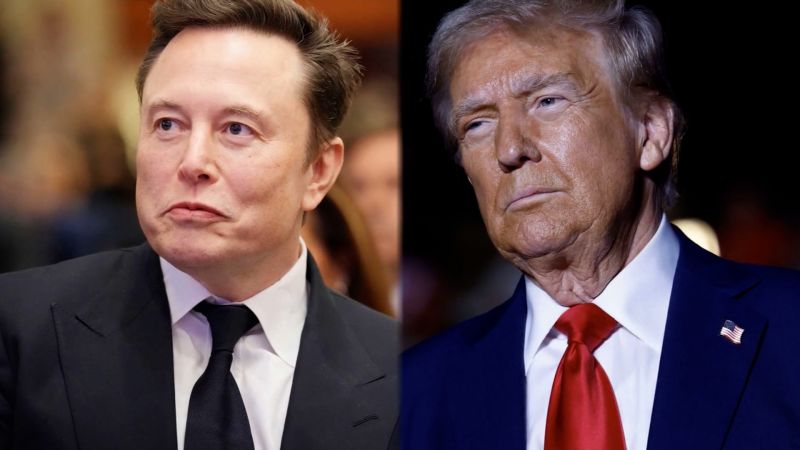Musk's AI Feud: Swisher Claims Billionaire's Criticism Stems from Trump Venture Exclusion

In a riveting analysis, CNN technology expert Kara Swisher joined Anderson Cooper to unpack the latest developments surrounding Elon Musk's potential interference with the White House's ambitious $500 billion AI infrastructure investment plan. The discussion shed light on the complex dynamics between tech innovators, political leadership, and strategic national technology initiatives.
Swisher, known for her sharp insights into Silicon Valley's inner workings, provided a nuanced perspective on how Musk's actions could potentially disrupt the Biden administration's carefully crafted technological roadmap. The massive infrastructure investment represents a critical moment in the United States' efforts to maintain technological leadership and compete on the global stage.
The conversation highlighted the intricate relationship between private sector tech titans and government technology strategies, raising important questions about the potential impact of individual tech leaders on national technological development. Musk's apparent challenge to the White House's plan underscores the growing tension between private innovation and public sector technological planning.
Cooper and Swisher delved into the potential implications of such high-stakes technological maneuvering, exploring how individual tech entrepreneurs can significantly influence national technological infrastructure and policy directions.

